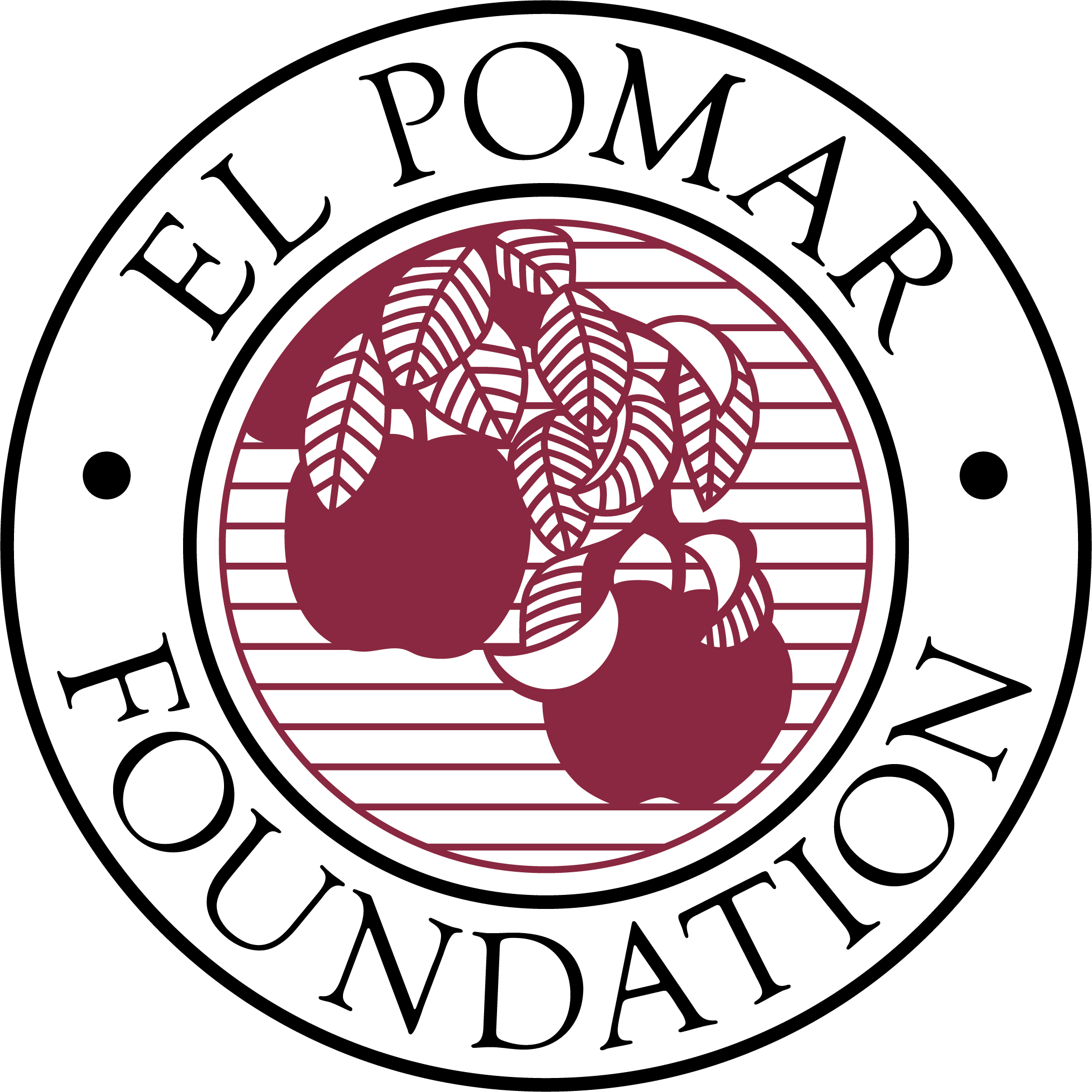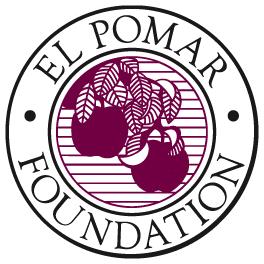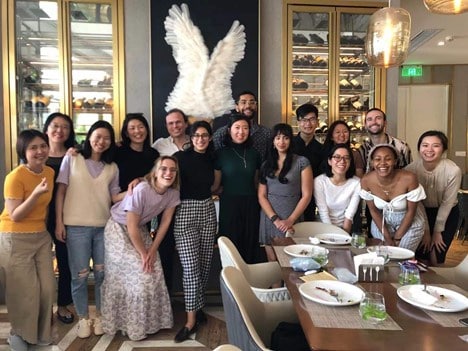For two years, I worked in a community made up of people from more than 70 countries—people who came from different cultures and spoke different languages and had drastically different ways of viewing the world. Teaching at an American university in China meant that, daily, I engaged with people on a terrain of uncommon ground. The Chinese, Brazilian and Ghanian students I taught all had frames of reference and value-systems that did not match mine one-for-one; the Singaporean, Irish and American colleagues I worked with possessed different perspectives on both the work we did and how to collaborate as a team.
In such a diverse environment, I quickly learned the importance of recognizing, respecting and responding to varied ways of thinking and acting. I discovered that imposing my viewpoints onto my students and teammates without listening to theirs would simply end in a stalemate. Rather than assuming my experiences were universal in every space I entered, I learned to foreground curiosity and openness in all my interactions so I could build mutual understanding with people different than me.
My educational and professional experiences have consistently revolved around this practice of deeply and genuinely engaging with people of varied backgrounds. I earned my degree in Black Studies, meaning that, for four years, I dedicated myself to learning about the struggles, triumphs, history and needs of another community. However, what stuck with me most from my degree was not the content but the lessons of how to respectfully and collaboratively reach across lines of difference.
Critical partnerships between people from different groups and backgrounds, I have learned, are built by stepping into dialogues with vulnerability. To truly support a community outside of my own, I must be willing to first listen to their needs, see issues from multiple perspectives and respond in a way that gives credence to their input and knowledge.
While I have engaged with communities as far away as China, I have not had as many opportunities to support people from my home state of Colorado. I came to El Pomar Foundation to deeply invest in and empower the diverse communities that populate this state, and I am committed to using empathetic dialogue to forge a path for us to walk together.



